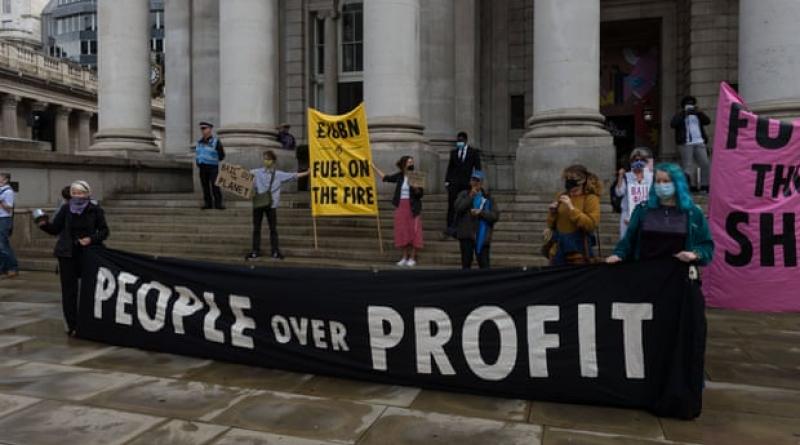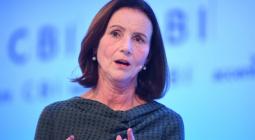The Guardian view on politics and the environment: we demand better.

The British public are way ahead of the government in their ideas for a fairer, greener country. Time for Downing Street to listen.
Earlier this month, a dance troupe on an ITV light entertainment show created one of the most complained-about television moments of the past decade. In their performance, the dancers of Diversity reflected the carnage of Covid, deep-seated inequalities and, most of all, racism. They recreated the murder of George Floyd, then took the knee in solidarity with the Black Lives Matter movement. Unusual fare for Saturday prime-time, yet the audience lapped it up, whooping in the studio and enthusing on social media. And then the media regulator, Ofcom, was deluged with complaints – well over 20,000 by the start of this week, objecting to its political nature. That in turn provoked a petition supporting Diversity.
In this small story lies much that makes people despair of the state of UK democracy: deeply tribalistic, talking past rather than to each other, and with some (notably on the right) nursing their resentments like the dregs of an expensive cocktail. Yet it isn’t always so. A report by a cross-party group of MPs, to be published on Thursday, shows the public is far more thoughtful, is happy to talk across party divides, and way ahead of the government in ideas for a fairer, greener society.
For the Reset report, MPs and researchers asked 55,000 people how the pandemic had changed what they wanted out of life in the UK. They conducted polls, workshops and in-depth phone conversations, and found that two out of three respondents wanted the government to intervene to make society fairer. The same proportion believed health and wellbeing should be prioritised over GDP growth. One teaching assistant told a workshop that she wanted “the time to be good again”. Part of this reflectiveness must have come from the model of deliberative democracy used for the workshop. Twitter this wasn’t.
It is easy to say one thing and do another – to disdain GDP when over 60% of the population don’t know what GDP is. But nor can the public be dismissed as money-obsessed individualists. This fits with research into public attitudes produced recently by Tax Justice UK, which found that 64% of Conservative voters wanted more tax levied on wealth (something for the chancellor, Rishi Sunak, to ponder ahead of his budget).
The other striking theme of the Reset report was how keen respondents were for a more localised, greener economy. One can see how a consensus might be built between climate scientists, environmentalists and the public, especially as the urgency of action becomes ever more apparent. Read the newspapers or listen to the news, and in the past month alone you will have seen wildfires in California, the melting of the Greenland ice sheet or the warning from the United Nations that the world has failed to meet a single target to stem the destruction of wildlife over the past decade. Our economic system is bumping up against the hard reality of physics, beyond which – as David Attenborough has warned – lies “the collapse of our civilisations and the extinction of much of the natural world”.
You do not need to be an expert to think such things. You can just believe, as one workshop attendee remarked: “The pressures of capitalism kill off our good nature. If you could just relieve that a little bit, it would grow a bit more.” Well said.
16 September 2020
The Guardian





